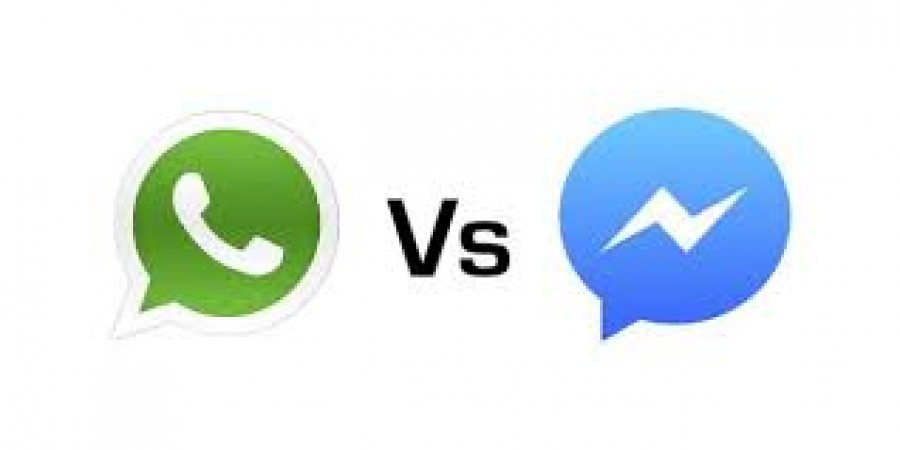
In the realm of instant messaging apps, WhatsApp and Messenger have emerged as two of the most popular platforms. Both owned by Facebook, these apps boast billions of active users worldwide. However, despite their common parent company, WhatsApp and Messenger offer distinct features and user experiences. In this article, we will delve into a comprehensive comparison between WhatsApp and Messenger, exploring their similarities, differences, user interfaces, features, security measures, and more. By examining these aspects, we aim to provide readers with a deeper understanding of these messaging giants and help them make an informed choice.
User Interface and Design: When it comes to user interface and design, WhatsApp and Messenger exhibit notable differences. WhatsApp follows a clean and minimalist design approach with a simple and intuitive interface. Its focus is primarily on messaging and offers a familiar and user-friendly experience. On the other hand, Messenger has a more vibrant and visually appealing interface, integrating various features like Stories, games, and group chats. Messenger's interface can appear busier due to the multitude of features, making it more suitable for users seeking a comprehensive social platform rather than just a messaging app.
Features and Functionality: While WhatsApp and Messenger share some fundamental features, they also provide unique functionalities. Both apps support messaging, voice and video calls, file sharing, and multimedia sharing. However, WhatsApp emphasizes end-to-end encryption, ensuring enhanced privacy and security for conversations. It also offers features like voice notes, disappearing messages, and the ability to make payments, making it a versatile platform for both personal and business use.
On the other hand, Messenger offers a wider range of features beyond basic messaging. It integrates seamlessly with Facebook, allowing users to connect with their Facebook friends and sync contacts. Messenger also offers features such as reactions, stickers, filters, and augmented reality effects during video calls. Additionally, Messenger provides access to various chatbots and allows businesses to create chatbots to automate customer interactions.
Platform Compatibility and Accessibility: In terms of platform compatibility, WhatsApp and Messenger cater to different user preferences. WhatsApp is available on both Android and iOS devices, ensuring widespread accessibility. It also offers a web version that syncs with the mobile app, enabling users to seamlessly switch between devices. In contrast, Messenger is available on Android, iOS, and desktop platforms. Messenger's integration with Facebook makes it convenient for users who frequently engage with the social media platform.
Privacy and Security: Privacy and security have become critical concerns in the digital age. WhatsApp stands out in this regard with its strong emphasis on end-to-end encryption. This means that only the sender and recipient can access the messages, ensuring privacy and preventing interception by third parties. WhatsApp also allows users to verify the security of their conversations using encryption codes.
Messenger, while offering secure connections, does not provide end-to-end encryption by default. This difference in approach has raised concerns among privacy advocates. However, Messenger does allow users to enable Secret Conversations, which incorporate end-to-end encryption for specific chats. It is important to note that both apps collect user data as governed by their respective privacy policies and terms of service.
Conclusion: WhatsApp and Messenger, despite their shared ownership, offer distinct experiences and cater to different user preferences. WhatsApp focuses primarily on messaging and privacy, offering a clean and secure platform suitable for personal and business use. In contrast, Messenger integrates with Facebook and offers a wider range of features, making it more appealing to those seeking a comprehensive social experience.
Ultimately, the choice between WhatsApp and Messenger depends on individual requirements and priorities. If privacy and security are paramount, WhatsApp's end-to-end encryption and robust encryption measures make it an excellent choice. On the other hand, Messenger's integration with Facebook, expansive feature set, and vibrant interface make it a compelling option for users who prioritize social connectivity and multimedia sharing.
Twitter Unveils Monetization Program for Verified Users
The Samsung Galaxy Revolution: Redefining the Smartphone Experience
Galaxy S: Redefining Innovation in the Smartphone World